
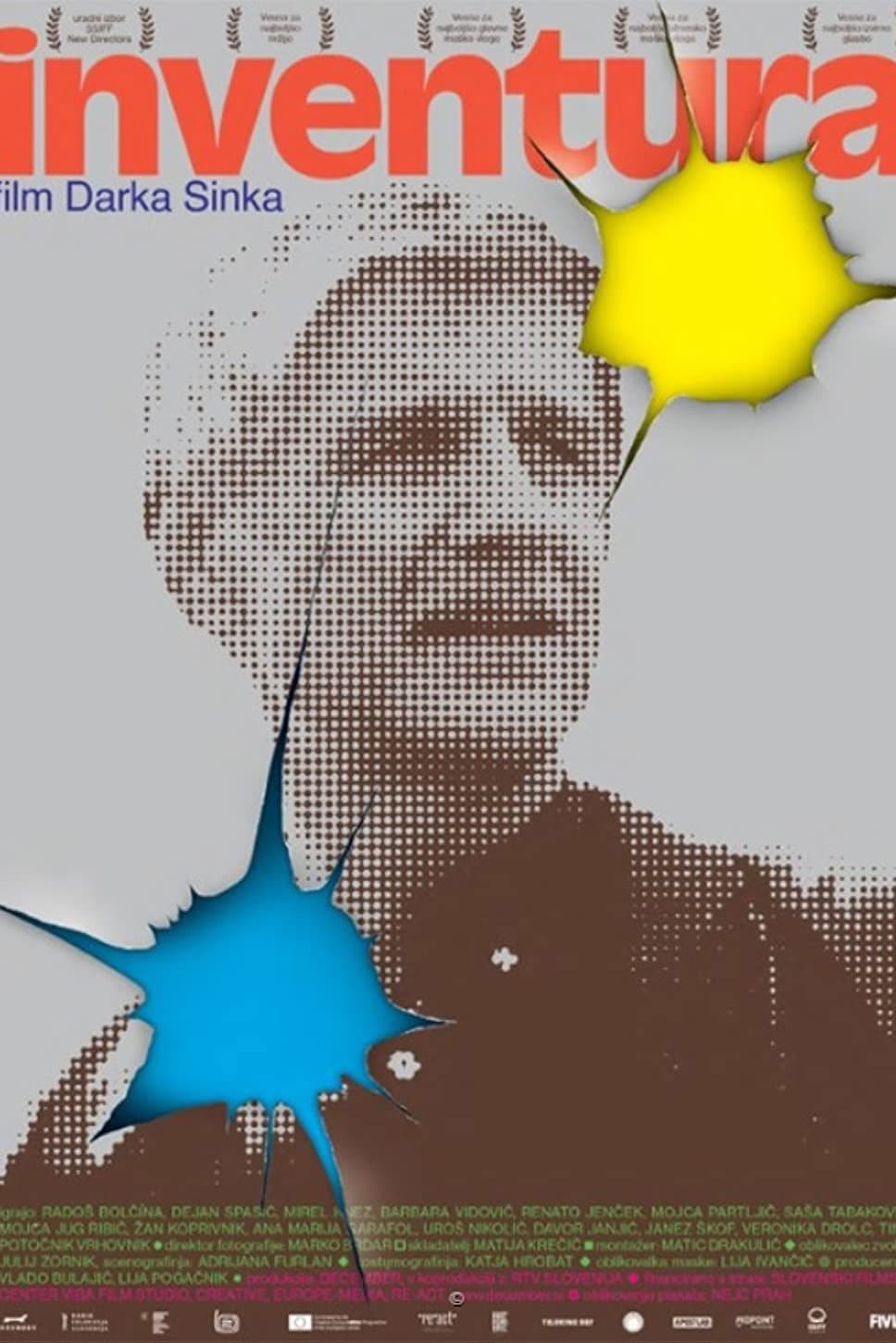
Boris Robič is, as we say, an ordinary kind of bloke. One evening, however, someone tries to shoot him. The investigations reveal nothing. No enemies, no suspects. You could say that Boris is the last person anyone would want to kill. After the police close the investigation, Boris decides to make his own inquiries. As he searches for the suspect, we see the tragi-comedy unfold of a man who discovers that a lot more people hate him than he ever realized and that the way he sees his own life was an illusion.

Driving home from a New Year's Eve party, Chief Inspector Taras Birsa notices a police car by the road. He stops, and inadvertently gets involved in an investigation of a brutal murder of a young woman.
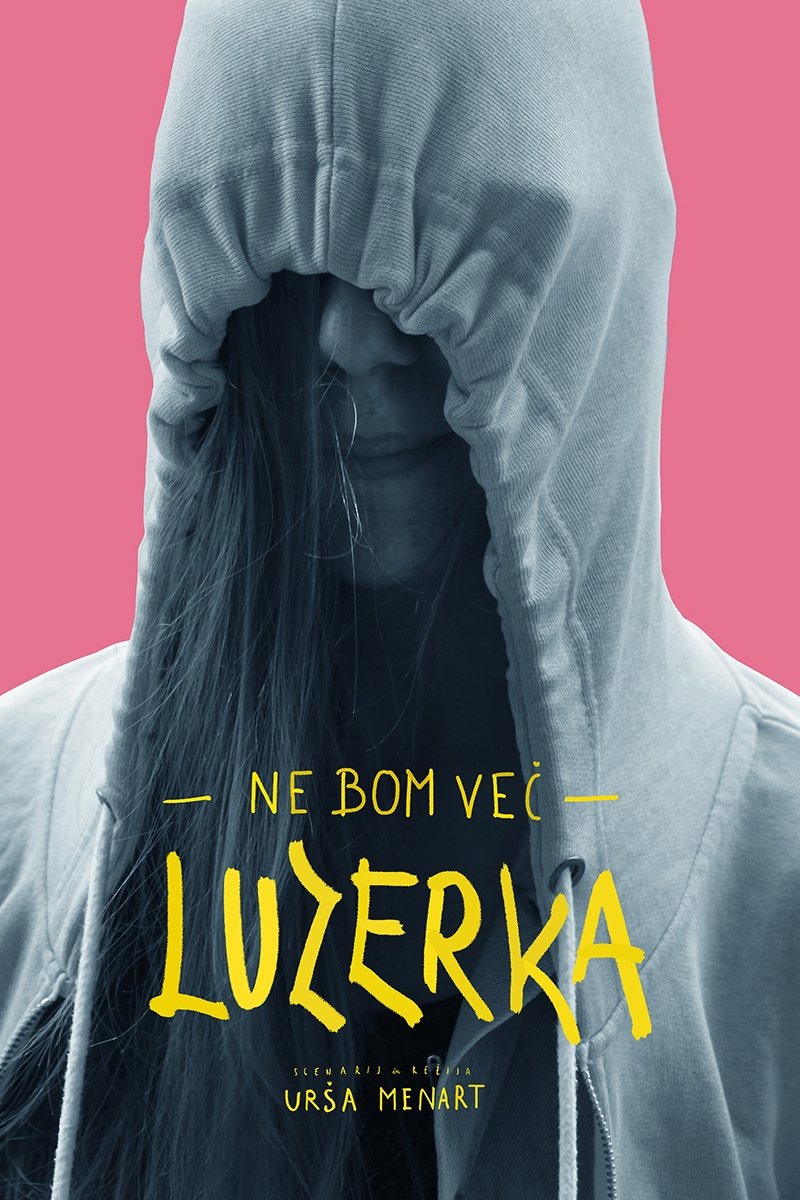
Špela graduated in Art History and has never had a steady job. Unlike her two best friends, who have moved out of Slovenia years ago with no plans to return, she is determined to stay in Ljubljana. When even her longtime boyfriend gets a job abroad she moves back in with her parents and her grandma. But Špela wants to grow up and cut the cord instead of delaying her already well overdue adulthood any longer.
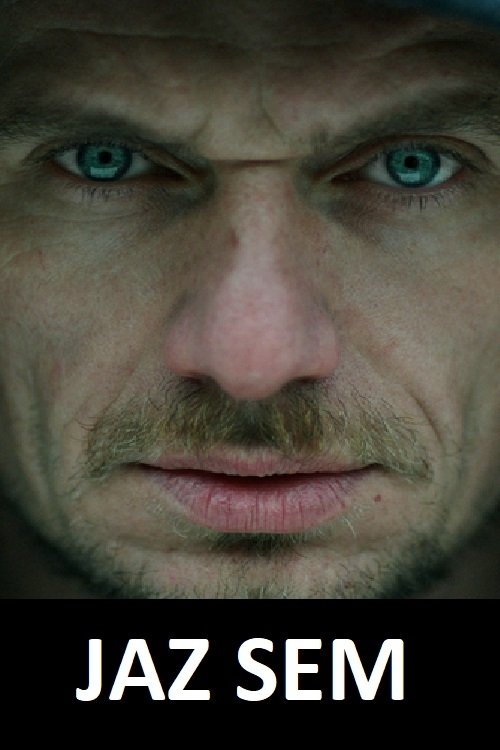
It's not time for revolutions, It's time for individuals, you just have to have the courage.
It represents the dynamics of the events that lead to the "great stories" to the media.

"So it has come to this..." is certainly the most common closing thought of three couples of different generations who each find themselves facing new challenges in life. Marija and Štefan are pensioners who often almost kill each other out of boredom. Darja and Tomaž are a middle-aged couple whose only son went to study abroad. Nika and Matic are a young couple who have just started their journey together. Nika is dominant and very disciplined, while Matic is a dreamer and an artistic soul. Which, of course, is the reason for many arguments.
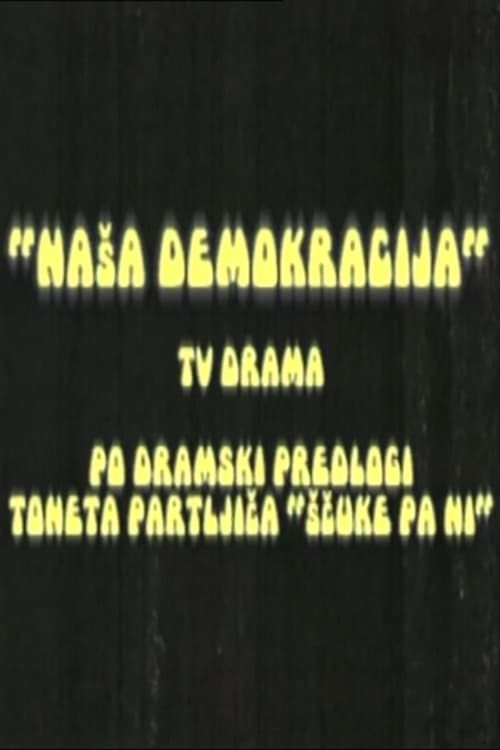
It is 1976 in Yugoslavia. Brotherhood and unity is also evident on the local radio station, where everyone is rejoicing. Namely, they received the award for the most homogeneous collective. The most homogeneous collective, however, soon begins to disintegrate, as it turns out that the award is in fact intended for the best individual.
In 2009, a group of military enthusiasts led by the commander France (Gojmir Lešnjak - Gojc) decides to occupy Trieste. The group that stages battles performs it at a completely fictional location. However, this hobby is not to the liking of France's wife Marija (Silva Čušin) and his daughter Mateja (Anja Drnovšek). The daughter as a representative of the young generation has no understanding of her father's enthusiasm for partisans, battles and Tito. France is also confronted by the Slovenian police led by the commander Brane (Dario Varga) as Brane forbids France to stage any more battles ... Will the young generation accept our history and will Trieste be ours?
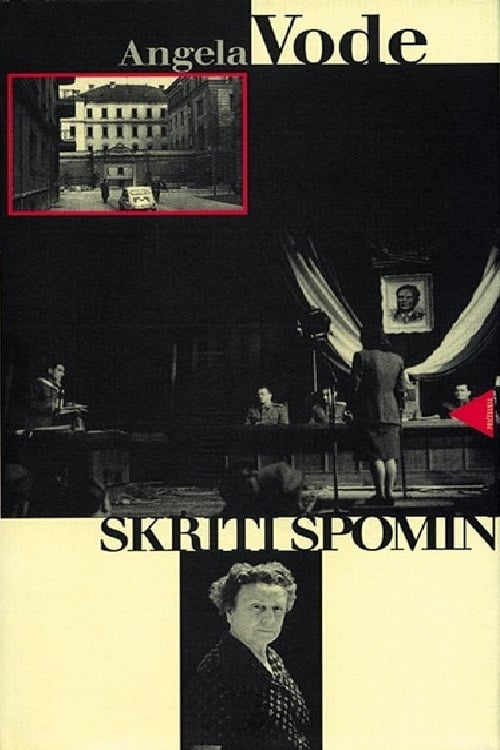
The life and rather obscure hardships of a Slovenian feminist author and human rights activist Angela Vode.
By browsing this website, you accept our cookies policy.